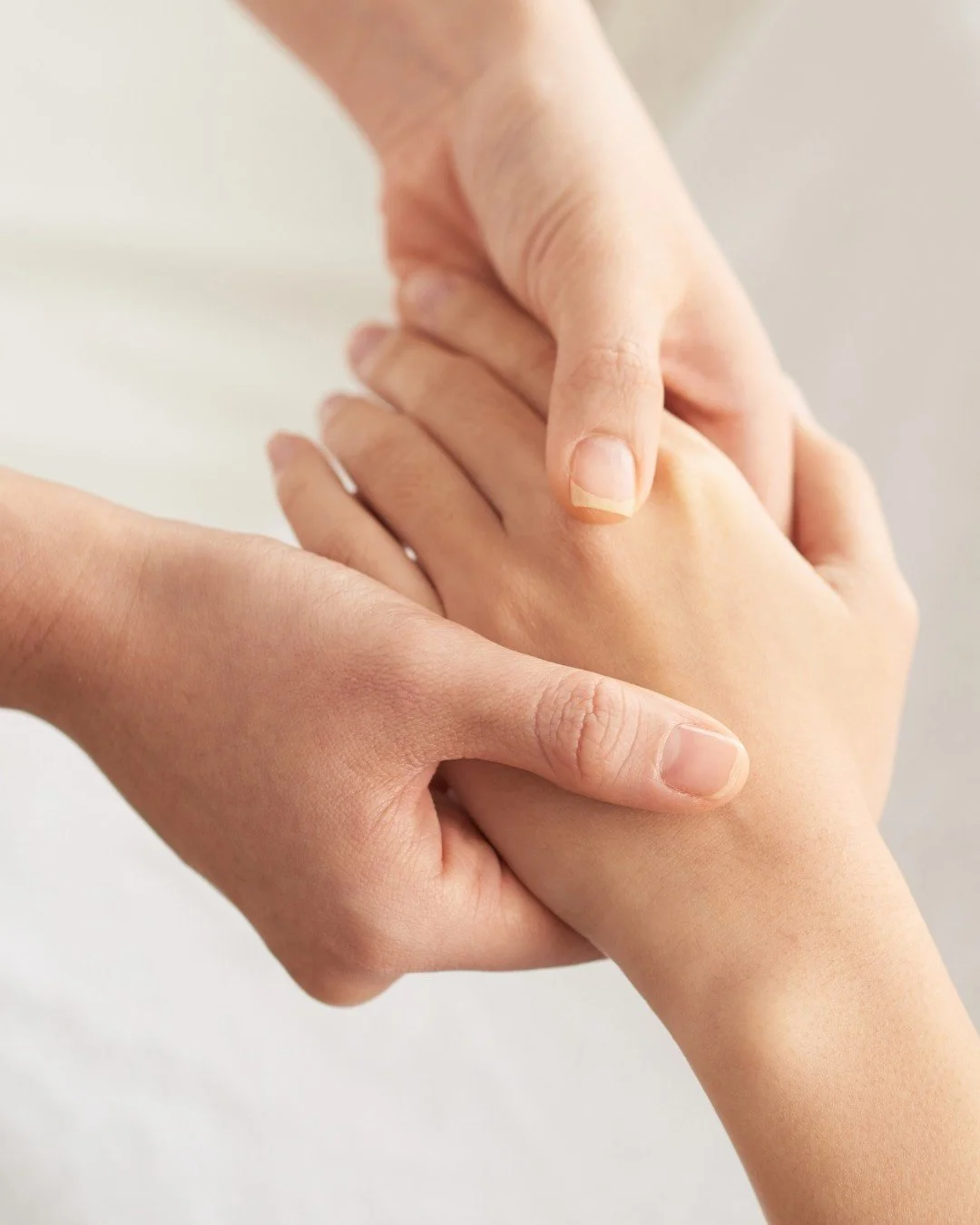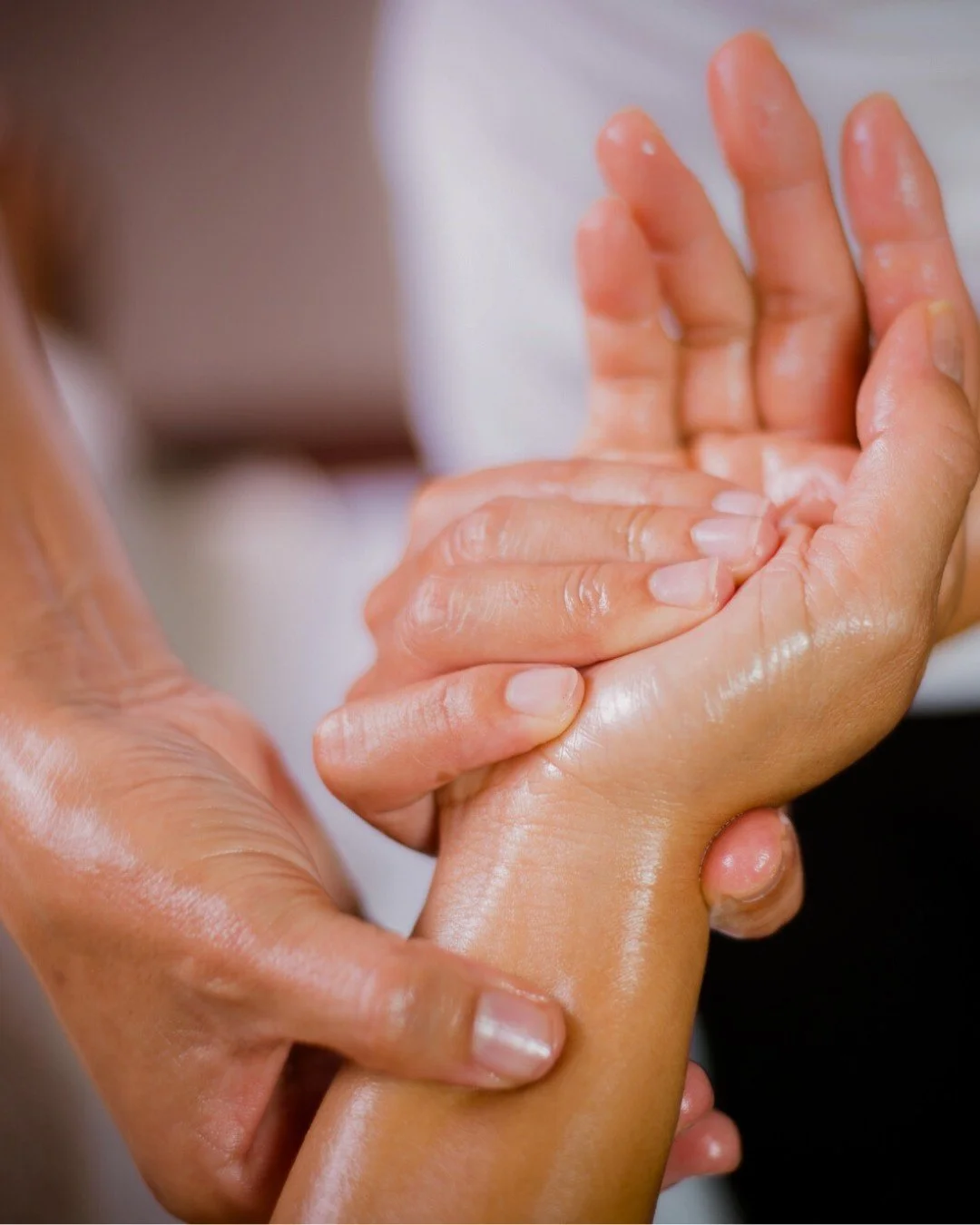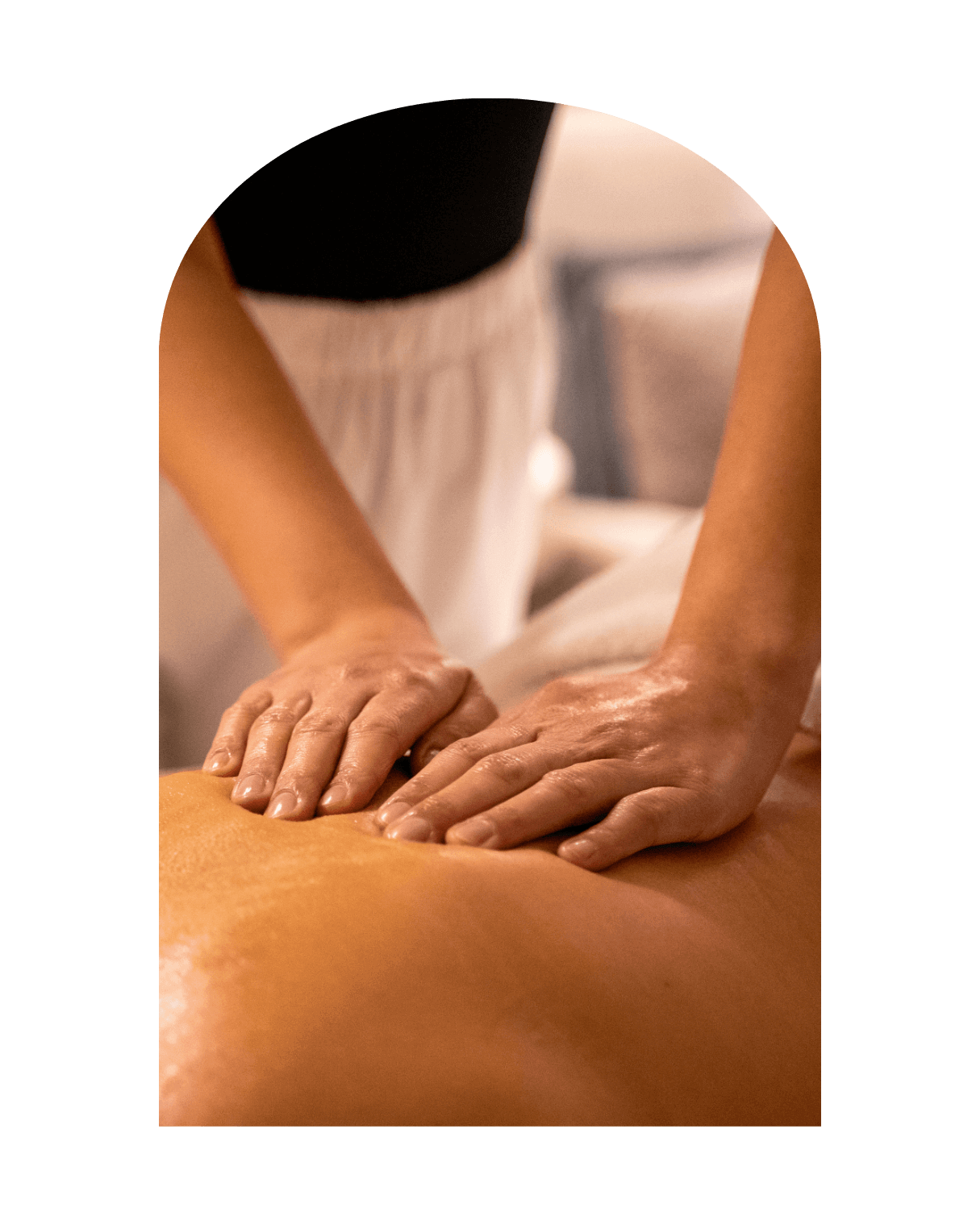Repetitive Strain Injury (RSI)
RSI massage in Pacific Grove treats repetitive strain injuries affecting office workers, manual laborers, and anyone performing repetitive tasks daily. Carpal tunnel, tennis elbow, tech neck, and mouse shoulder respond well to targeted massage therapy. Whether you're a programmer typing 8 hours daily or a construction worker using the same tools repeatedly, specialized treatment relieves pain, reduces inflammation, and restores function before minor discomfort becomes chronic injury.
What is Repetitive Strain Injury (RSI) Massage?
RSI (Repetitive Strain Injury) is a condition caused by repeated movements or overuse of certain muscles and tendons, often from activities like typing, using a mouse, lifting, or repetitive manual tasks. It leads to pain, stiffness, tingling, weakness, or inflammation, usually in the hands, wrists, forearms, elbows, shoulders, or neck.
Common types of RSI include:
Tennis or golfer’s elbow
Trigger finger
It typically develops gradually and worsens over time if not addressed. Proper ergonomics, rest, and treatments like massage or physical therapy can help reduce symptoms and prevent long-term damage.
Specialized Treatments
How RSI Massage Helps
Improves Blood Circulation
Better blood flow delivers more oxygen and nutrients to the affected areas, speeding up the body’s natural healing process.
Releases Tension in Overworked Muscles
Massage helps loosen tight, fatigued muscles that have been overused from repetitive tasks, restoring comfort and flexibility.
Reduces Inflammation
Gentle, targeted pressure can calm inflamed tissues and decrease swelling, helping reduce pain and discomfort.
Supports Tissue Repair
By increasing circulation and relieving tension, massage encourages regeneration of strained or damaged soft tissue.
Promotes Relaxation and Healing
RSI massage soothes the nervous system, lowers stress, and creates the ideal environment for the body to recover.
Session Options & Pricing
Pricing shown is for cash payments
Card/Check Add $10
60 Minutes - $180
Perfect for first-timers, general relaxation, and smaller body types.
90 Minutes - $250
Ideal for larger bodies, more comprehensive treatments, and massage regulars.
120 Minutes - $360
Best suited for massage junkies who want the ultimate luxurious treatment.
Specialized bodywork in Pacific Grove, CA (serving Monterey, Carmel, Pebble Beach, and Seaside)
What to Expect During Your Session
Initial Assessment (10 min):
We'll discuss your job, repetitive tasks, pain patterns, and current symptoms. Understanding your daily activities helps us target the root cause.
Treatment (40-50 min):
Focused work on affected areas—typically forearms, wrists, neck, shoulders. Expect deep tissue work, trigger point release, and myofascial techniques. Pressure can be intense but should never be unbearable.
Stretching & Education:
We'll teach you stretches and ergonomic adjustments specific to your situation.
After Your Session:
Some soreness is normal for 24-48 hours. Most clients report immediate improvement in range of motion and reduced pain. Benefits accumulate with regular sessions.
Is RSI Massage Right for You?
This massage is ideal if you’re experiencing pain, stiffness, or numbness from repetitive movements—like typing, lifting, or long hours on your feet. If your work or lifestyle puts constant strain on certain muscles, this treatment can help restore comfort and function.
Should I continue working with RSI while getting massage
Yes, but with modifications. Take frequent breaks (5 min every hour), improve ergonomics, use proper tools, and avoid working through pain. Massage helps but won't overcome continued overuse without changes.
How long does it take to recover from RSI with massage?
Mild RSI: 4-6 weeks with weekly massage and ergonomic changes. Moderate RSI: 8-12 weeks with bi-weekly sessions. Severe or chronic RSI: 3-6 months of consistent treatment. Recovery depends on continuing the repetitive activity and making workplace modifications.
Massage can significantly reduce carpal tunnel symptoms and may prevent surgery in mild to moderate cases. However, it works best combined with wrist braces, ergonomic changes, and rest breaks. Severe cases may still require medical intervention.
Can massage cure carpal tunnel syndrome?
If your daily grind is wearing down your body, a Repetitive Strain Injury massage isn’t just relief — it’s recovery in motion.
Prevention: The Best Treatment for RSI
Don't wait for chronic pain. Office workers, programmers, and manual laborers benefit most from preventive RSI massage—before minor discomfort becomes debilitating injury. Monthly maintenance sessions keep you productive and pain-free.
Early intervention matters: Catching RSI in the first weeks of symptoms can prevent months or years of chronic pain. Regular massage combined with ergonomic changes addresses the root cause before inflammation, scar tissue, and nerve damage develop.
Important Disclaimers
Medical Consultation Required:
RSI massage is a complementary therapy and does not replace medical diagnosis or treatment. If you experience severe pain, numbness, weakness, or symptoms lasting more than 6 weeks, consult a physician before beginning massage therapy. Some RSI conditions require medical intervention including physical therapy, bracing, injections, or surgery.
Not a Cure:
While massage can significantly reduce RSI symptoms and support recovery, it cannot cure underlying structural issues or reverse severe nerve damage. Continued exposure to repetitive activities without workplace modifications will limit massage effectiveness.
Workplace Modifications Essential:
Massage alone is insufficient for RSI recovery. You must address ergonomic issues, take regular breaks, and modify work habits. Without these changes, symptoms will likely return regardless of treatment frequency.
Results Vary:
Individual outcomes depend on RSI severity, how long you've had symptoms, your occupation, willingness to make ergonomic changes, and consistency of treatment. Some clients experience immediate relief; others require weeks or months of sessions.
Continue Prescribed Treatments:
Do not discontinue medications, braces, or other treatments prescribed by your doctor without medical consultation. Massage complements but does not replace medical care.
Explore Our Other Services
Massage Styles
Massages to relax, heal, and restore your body. Each style is designed to meet your specific needs for relaxation and recovery.
Body Rehabilitation
Posture correction and movement therapy designed to support recovery and keep you moving well beyond physical therapy.








